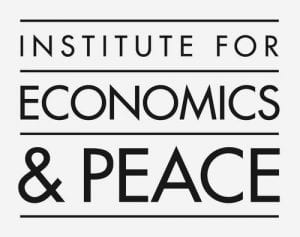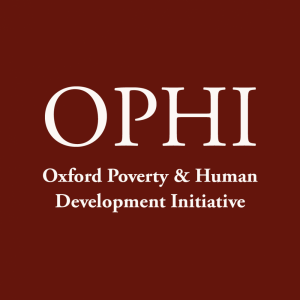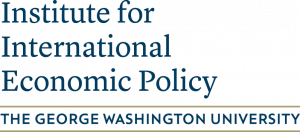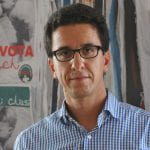Tuesday, April 4th, 2023
11 am -12:30 EDT
via Zoom
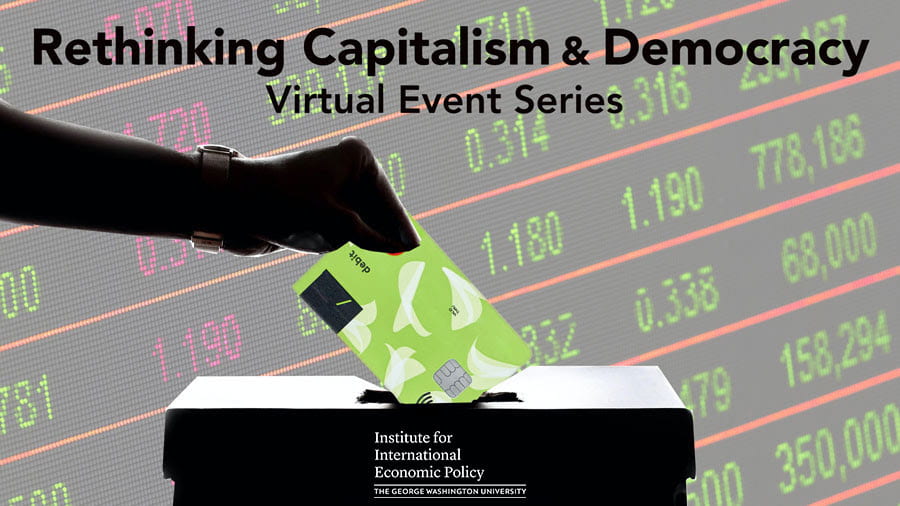
Martin Wolf (Financial Times) and Joe Zammit-Lucia (RADIX) will be the speakers for this event. Ann Florini (New America) will provide discussant remarks. This webinar will be moderated by IIEP Distinguished Visiting Scholar Sunil Sharma.
What will the next evolution of capitalism look like? How will globalized finance and an economic system that concentrates wealth and knows few borders be compatible with functioning polities that are geographically bound? What are the implications for public policy and for business activity?
While the post-war era was characterized by increasing prosperity and a rising middle class, today we are seeing a steady erosion of the social contract that has sustained our politics and economics and provided a reasonable degree of social stability. Previous assumptions about economic structures and the role of business in society have become contested leading to political turmoil, increasing polarization, a rise in authoritarianism, and fraying democratic norms. We have returned to a focus on the ‘political economy’ recognizing that economic issues are fundamentally political in nature. That business and financial activity has significant political implications. This event will explore these issues and the routes available for that which has always characterized capitalism in democracies – its ability to adapt and self-correct.
About the Speakers:
Martin Wolf  is Associate Editor and Chief Economics correspondent at the Financial Times. Prior to that he was a senior economist at the World Bank and Director of Studies at the Trade Policy Research Centre, in London. Larry Summers described him as “the world’s preeminent financial journalist,” while economist Kenneth Rogoff has said “He really is the premier financial and economics writer in the world.” Wolf was joint winner of the Wincott Foundation senior prize for excellence in financial journalism in both 1989 and 1997. He won the RTZ David Watt memorial prize in 1994. In 2000. Wolf was awarded the CBE (Commander of the Order of the British Empire). He was awarded the honorary degree of Doctor of Letters, honoris causa, by the University of Nottingham in 2006, and was made Doctor of Science (Economics) of University of London, honoris causa, by the London School of Economics in the same year. In 2018, on the occasion of the KU Leuven Patron Saint‘s Day he received a doctorate honoris causa of the university. In 2019, Wolf received the Gerald Loeb Lifetime Achievement Award from the UCLA Anderson School of Management.
is Associate Editor and Chief Economics correspondent at the Financial Times. Prior to that he was a senior economist at the World Bank and Director of Studies at the Trade Policy Research Centre, in London. Larry Summers described him as “the world’s preeminent financial journalist,” while economist Kenneth Rogoff has said “He really is the premier financial and economics writer in the world.” Wolf was joint winner of the Wincott Foundation senior prize for excellence in financial journalism in both 1989 and 1997. He won the RTZ David Watt memorial prize in 1994. In 2000. Wolf was awarded the CBE (Commander of the Order of the British Empire). He was awarded the honorary degree of Doctor of Letters, honoris causa, by the University of Nottingham in 2006, and was made Doctor of Science (Economics) of University of London, honoris causa, by the London School of Economics in the same year. In 2018, on the occasion of the KU Leuven Patron Saint‘s Day he received a doctorate honoris causa of the university. In 2019, Wolf received the Gerald Loeb Lifetime Achievement Award from the UCLA Anderson School of Management.
His latest book is “The Crisis of Democratic Capitalism” (Penguin Books, 2023). Previous books include “The Shifts and the Shocks,” “Why Globalisation Works,” and “Fixing Global Finance.”
 Joe Zammit-Lucia With extensive experience in the business and political worlds, Dr Joe Zammit-Lucia is an adviser to business leaders focused on leadership in contemporary socio-political culture, an author, public speaker and commentator in the international press on the inter-relationship between business and politics.
Joe Zammit-Lucia With extensive experience in the business and political worlds, Dr Joe Zammit-Lucia is an adviser to business leaders focused on leadership in contemporary socio-political culture, an author, public speaker and commentator in the international press on the inter-relationship between business and politics.
His latest book is “The New Political Capitalism: How businesses and societies can thrive in a deeply politicized world” (Bloomsbury Business, 2022). Previous books have included “The Death of Liberal Democracy?” and “Backlash: Saving Globalization From Itself.”
He is a founder of RADIX – a not-for-profit public policy think tank, and the RADIX Centre for Business, Politics & Society. His executive experience spanned R&D, marketing, global brand management, strategic planning, general management, industry economics and public policy. He founded his own management consulting firm with offices in Cambridge (UK), New York and Tokyo.
He is on the Advisory Board of the Singapore Forum for long-term investors and business leaders and an External Advisory Board Member at CEO World Magazine. He served as Special Advisor to the Director General at the International Union for Conservation of Nature (IUCN) and on the Dean’s Advisory Board at the College of Arts, Sciences and Education, Florida International University.
He has lived and worked in the UK, USA, France, Spain, Germany, The Netherlands and Malta.
About the Discussant:

Ann Florini is a Fellow in the Political Reform Program at New America, working on how innovative governance tools can help to address the intertwined challenges of climate change and democratic decay. She is also Senior Advisor to NatureFinance and the Task Force on Nature Markets; a Senior Global Futures Scientist at the Julie Ann Wrigley Global Futures Lab, Arizona State University; a Professor of Practice at the Thunderbird School of Global Management, Arizona State University; a founding Board Member of the Economics of Mutuality Foundation; and a Founding Member of the Council on Economic Policies.
Her work focuses on governance of complex systems, energy policy, and cross-sector collaborations involving business, government, and civil society. Throughout her career, Dr. Florini has spearheaded major international projects focused on innovative approaches to global problem-solving for such organizations as the Initiative for Policy Dialogue and the World Economic Forum.
Dr. Florini previously taught at the National University of Singapore, where she founded and led the Centre on Asia and Globalisation; and at Singapore Management University, where she created and ran the unique Masters of TriSector Collaboration. She has held senior appointments at research institutes such as the Brookings Institution and the Carnegie Endowment for International Peace.
Her numerous books and articles have addressed innovations in governance, China’s governance, transparency and information flows in governance, the roles of civil society and the private sector in addressing public problems, and climate and energy policy.
Dr. Florini received her Ph.D. in Political Science from the University of California, Los Angeles (UCLA) and a Master’s in Public Affairs from the School of Public and International Affairs at Princeton University.
About the Moderator:
Sunil Sharma is a Distinguished Visiting Scholar at the Institute for International Economic Policy, Elliott School of International Affairs, The George Washington University, Washington DC, USA, and a Senior Associate at the Council on Economic Policies, Zurich, Switzerland. He was Assistant Director in the IMF’s Research Department from 2015-2018, and the Director of the IMF-Singapore Regional Training Institute (STI) in Singapore from 2006-2015. Before moving to Singapore in 2006, Sunil was Chief of the IMF Institute’s Asian Division in Washington, D.C. Prior to joining the IMF in 1992, he was on the Economics faculty at the University of California, Los Angeles (UCLA).
is a Distinguished Visiting Scholar at the Institute for International Economic Policy, Elliott School of International Affairs, The George Washington University, Washington DC, USA, and a Senior Associate at the Council on Economic Policies, Zurich, Switzerland. He was Assistant Director in the IMF’s Research Department from 2015-2018, and the Director of the IMF-Singapore Regional Training Institute (STI) in Singapore from 2006-2015. Before moving to Singapore in 2006, Sunil was Chief of the IMF Institute’s Asian Division in Washington, D.C. Prior to joining the IMF in 1992, he was on the Economics faculty at the University of California, Los Angeles (UCLA).
From 2012-2020, he was on the Governing Board of the Mysore Royal Academy (MYRA) School of Business, Mysore, India. During 2012-2018, he was a member of the Advisory Board, Sim Kee Boon Institute for Financial Economics (SKBI), Singapore Management University, Singapore, and over 2011-2015, he served on the International Advisory Board, Institute of Global Finance, Australian School of Business, University of New South Wales, Sydney, Australia.
Sunil has a Ph.D. and a M.A. in Economics from Cornell University, a M.A. from the Delhi School of Economics, and a B.A. (Honors) from St. Stephen’s College, Delhi University. He has published widely on economic and financial topics, and his current interests include governance, systemic hazards, complex systems, the international financial architecture, and the institutional structure and design of financial regulation.
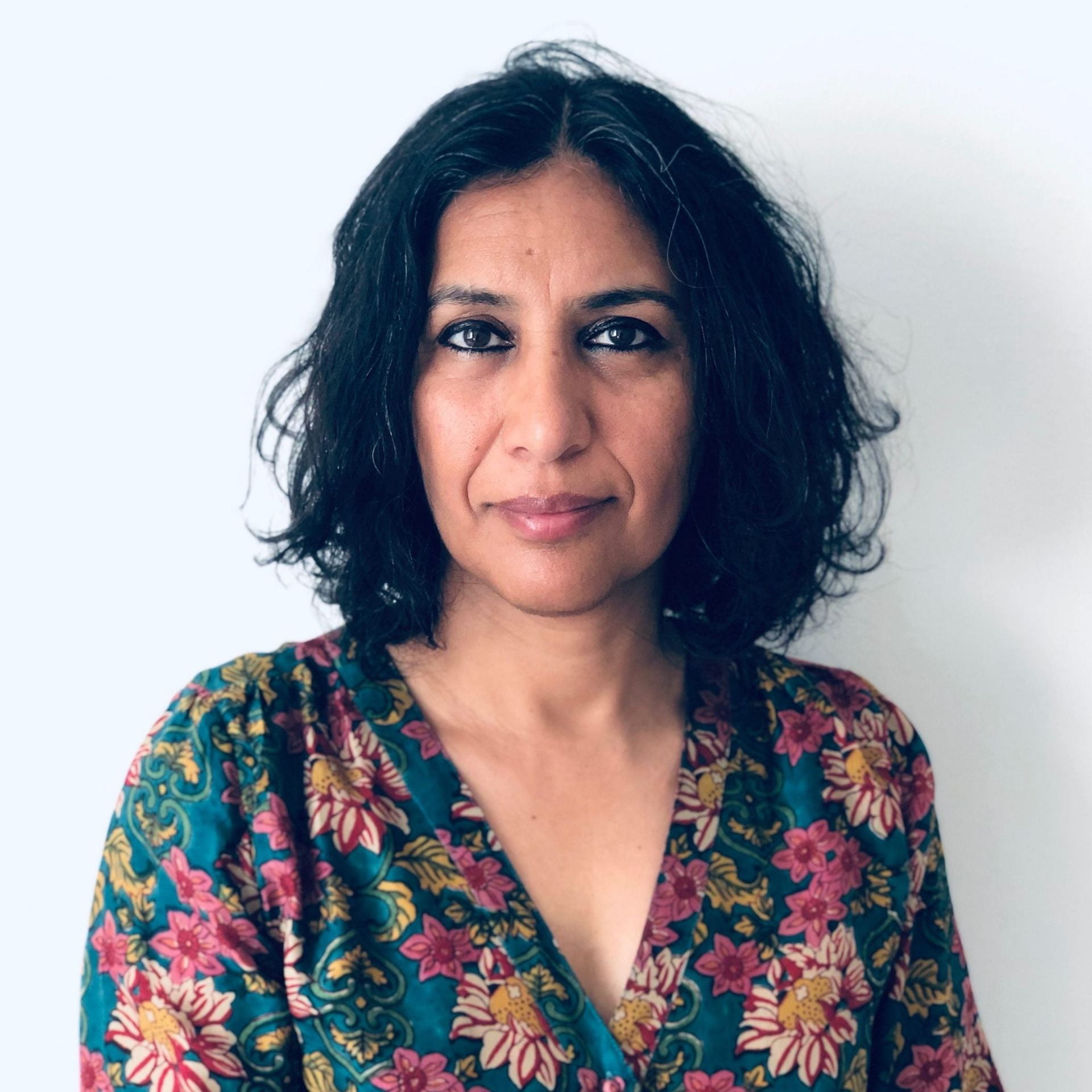

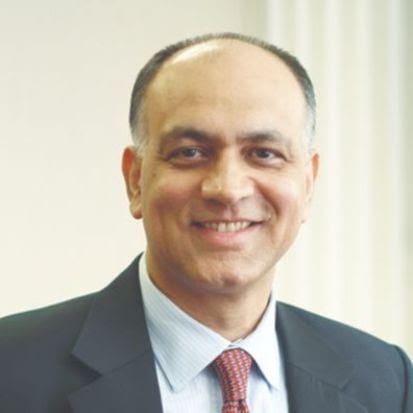

 William White is currently a Senior Fellow at the C D Howe Institute in Toronto. From 2009 until March 2018, he served as Chair of the Economic and Development Review Committee at the OECD in Paris. Prior to that, he spent fourteen years as Economic Adviser at the Bank for International Settlements (BIS) in Basel. In that role, he was responsible for all BIS research, data collection, and the organization of meetings for central bankers from around the world. Before joining the BIS in 1994, he was the Deputy Governor responsible for international affairs at the Bank of Canada in Ottawa.
William White is currently a Senior Fellow at the C D Howe Institute in Toronto. From 2009 until March 2018, he served as Chair of the Economic and Development Review Committee at the OECD in Paris. Prior to that, he spent fourteen years as Economic Adviser at the Bank for International Settlements (BIS) in Basel. In that role, he was responsible for all BIS research, data collection, and the organization of meetings for central bankers from around the world. Before joining the BIS in 1994, he was the Deputy Governor responsible for international affairs at the Bank of Canada in Ottawa. Martha Finnemore is University Professor of Political Science and International Affairs at the George Washington University in Washington, DC. Her research focuses on global governance, international organizations, cybersecurity, ethics, and social theory. She is a Fellow of the American Academy of Arts and Sciences, a non-resident scholar at the Cyber Policy Initiative at the Carnegie Endowment for International Peace, has been a visiting research fellow at the Brookings Institution and Stanford University, and has received fellowships or grants from the MacArthur Foundation, DoD’s Minerva Research Initiative, the Social Science Research Council, the Smith Richardson Foundation, and the United States Institute of Peace.
Martha Finnemore is University Professor of Political Science and International Affairs at the George Washington University in Washington, DC. Her research focuses on global governance, international organizations, cybersecurity, ethics, and social theory. She is a Fellow of the American Academy of Arts and Sciences, a non-resident scholar at the Cyber Policy Initiative at the Carnegie Endowment for International Peace, has been a visiting research fellow at the Brookings Institution and Stanford University, and has received fellowships or grants from the MacArthur Foundation, DoD’s Minerva Research Initiative, the Social Science Research Council, the Smith Richardson Foundation, and the United States Institute of Peace.
 Sunil Sharma is a Distinguished Visiting Scholar at the Institute for International Economic Policy, Elliott School of International Affairs, The George Washington University, Washington DC, USA, and a Senior Associate at the Council on Economic Policies, Zurich, Switzerland. He was Assistant Director in the IMF’s Research Department from 2015-2018, and the Director of the IMF-Singapore Regional Training Institute (STI) in Singapore from 2006-2015. Before moving to Singapore in 2006, Sunil was Chief of the IMF Institute’s Asian Division in Washington, D.C. Prior to joining the IMF in 1992, he was on the Economics faculty at the University of California, Los Angeles (UCLA). Sunil has a Ph.D. and a M.A. in Economics from Cornell University, a M.A. from the Delhi School of Economics, and a B.A. (Honors) from St. Stephen’s College, Delhi University. He has published widely on economic and financial topics, and his current interests include governance, systemic hazards, complex systems, the international financial architecture, and the institutional structure and design of financial regulation.
Sunil Sharma is a Distinguished Visiting Scholar at the Institute for International Economic Policy, Elliott School of International Affairs, The George Washington University, Washington DC, USA, and a Senior Associate at the Council on Economic Policies, Zurich, Switzerland. He was Assistant Director in the IMF’s Research Department from 2015-2018, and the Director of the IMF-Singapore Regional Training Institute (STI) in Singapore from 2006-2015. Before moving to Singapore in 2006, Sunil was Chief of the IMF Institute’s Asian Division in Washington, D.C. Prior to joining the IMF in 1992, he was on the Economics faculty at the University of California, Los Angeles (UCLA). Sunil has a Ph.D. and a M.A. in Economics from Cornell University, a M.A. from the Delhi School of Economics, and a B.A. (Honors) from St. Stephen’s College, Delhi University. He has published widely on economic and financial topics, and his current interests include governance, systemic hazards, complex systems, the international financial architecture, and the institutional structure and design of financial regulation.

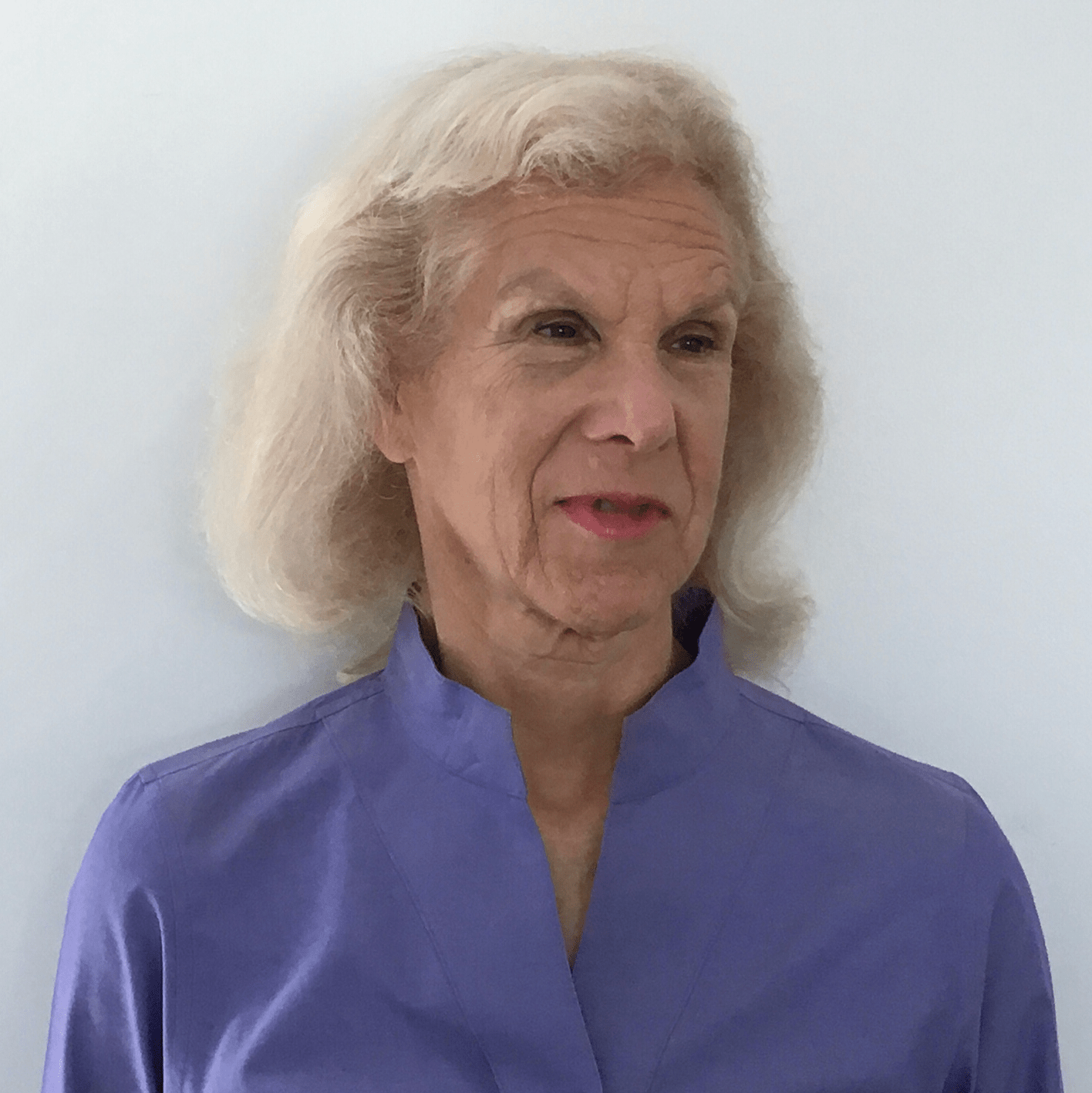



 Peter Dietsch is a professor in the Department of Philosophy at the University of Victoria, British Columbia. His research focuses on issues of economic ethics, notably on tax justice, normative dimensions of monetary policy, and on income inequalities. Dietsch is the author of Catching Capital – The Ethics of Tax Competition (Oxford University Press, 2015), co-author of Do Central Banks Serve the People? (Polity Press, 2018), and co-editor of Global Tax Governance – What is Wrong with It and How to Fix It (ECPR Press, 2016). He has published numerous articles and book chapters, and is a regular contributor in the media on debates in his field. Dietsch received the Friedrich Wilhelm Bessel Research Award from the Humboldt Foundation in 2021 and was nominated to the College of New Scholars, Artists and Scientists of the Royal Society of Canada in 2017. Prior to the University of Victoria, Dietsch taught at the Université de Montréal for 16 years. He has been a visiting fellow at the Wissenschaftszentrum Berlin, at the European University Institute in Florence, and at the University of Victoria.
Peter Dietsch is a professor in the Department of Philosophy at the University of Victoria, British Columbia. His research focuses on issues of economic ethics, notably on tax justice, normative dimensions of monetary policy, and on income inequalities. Dietsch is the author of Catching Capital – The Ethics of Tax Competition (Oxford University Press, 2015), co-author of Do Central Banks Serve the People? (Polity Press, 2018), and co-editor of Global Tax Governance – What is Wrong with It and How to Fix It (ECPR Press, 2016). He has published numerous articles and book chapters, and is a regular contributor in the media on debates in his field. Dietsch received the Friedrich Wilhelm Bessel Research Award from the Humboldt Foundation in 2021 and was nominated to the College of New Scholars, Artists and Scientists of the Royal Society of Canada in 2017. Prior to the University of Victoria, Dietsch taught at the Université de Montréal for 16 years. He has been a visiting fellow at the Wissenschaftszentrum Berlin, at the European University Institute in Florence, and at the University of Victoria.


 Sunil Sharma is a Distinguished Visiting Scholar at the Institute for International Economic Policy, Elliott School of International Affairs, The George Washington University, Washington, D.C., USA, and a Senior Associate at the Council on Economic Policies, Zurich, Switzerland. He was Assistant Director in the IMF’s Research Department from 2015-2018, and the Director of the IMF-Singapore Regional Training Institute (STI) in Singapore from 2006-2015. Before moving to Singapore in 2006, he was Chief of the IMF Institute’s Asian Division in Washington, D.C. Prior to joining the IMF in 1992, Dr. Sharma was on the Economics faculty at the University of California, Los Angeles (UCLA). He has a Ph.D. and M.A. in Economics from Cornell University, and his current interests include rethinking capitalism and democracy, systemic hazards, complex systems, the international financial architecture, and the institutional structure and design of financial regulation.
Sunil Sharma is a Distinguished Visiting Scholar at the Institute for International Economic Policy, Elliott School of International Affairs, The George Washington University, Washington, D.C., USA, and a Senior Associate at the Council on Economic Policies, Zurich, Switzerland. He was Assistant Director in the IMF’s Research Department from 2015-2018, and the Director of the IMF-Singapore Regional Training Institute (STI) in Singapore from 2006-2015. Before moving to Singapore in 2006, he was Chief of the IMF Institute’s Asian Division in Washington, D.C. Prior to joining the IMF in 1992, Dr. Sharma was on the Economics faculty at the University of California, Los Angeles (UCLA). He has a Ph.D. and M.A. in Economics from Cornell University, and his current interests include rethinking capitalism and democracy, systemic hazards, complex systems, the international financial architecture, and the institutional structure and design of financial regulation. Nicoletta Batini is the Lead Evaluator of the International Monetary Fund’s (IMF) Independent Evaluation Office. Prior to the IMF, she was Advisor of the Bank of England’s Monetary Policy Committee, Professor of Economics at the University of Surrey, and Director of the International Economics and Policy Office of the Treasury in Italy. She holds a Ph.D. in international finance (S.S.S.U.P. S. Anna) and a Ph.D. in monetary economics (University of Oxford). Today her research focuses on the economics of energy and land and sea use transitions for climate mitigation. Her new book “The Economics of Sustainable Food: Smart Policies for People and the Planet” was just published by Island Press and the International Monetary Fund.
Nicoletta Batini is the Lead Evaluator of the International Monetary Fund’s (IMF) Independent Evaluation Office. Prior to the IMF, she was Advisor of the Bank of England’s Monetary Policy Committee, Professor of Economics at the University of Surrey, and Director of the International Economics and Policy Office of the Treasury in Italy. She holds a Ph.D. in international finance (S.S.S.U.P. S. Anna) and a Ph.D. in monetary economics (University of Oxford). Today her research focuses on the economics of energy and land and sea use transitions for climate mitigation. Her new book “The Economics of Sustainable Food: Smart Policies for People and the Planet” was just published by Island Press and the International Monetary Fund. Bruce Friedrich is co-founder and executive director of the Good Food Institute. With branches in the United States, India, Israel, Brazil, Europe, and Asia Pacific, GFI is accelerating the production of plant-based and cultivated meat in order to bolster the global protein supply while protecting our environment, promoting global health, and preventing food insecurity. Bruce oversees GFI’s global strategy, working with directors and international managing directors to ensure that GFI is maximally effective at delivering mission-focused results. Bruce graduated from Georgetown Law and also holds degrees from Johns Hopkins University and the London School of Economics. Bruce was named 2021 “American Food Hero” by @EatingWell Magazine.
Bruce Friedrich is co-founder and executive director of the Good Food Institute. With branches in the United States, India, Israel, Brazil, Europe, and Asia Pacific, GFI is accelerating the production of plant-based and cultivated meat in order to bolster the global protein supply while protecting our environment, promoting global health, and preventing food insecurity. Bruce oversees GFI’s global strategy, working with directors and international managing directors to ensure that GFI is maximally effective at delivering mission-focused results. Bruce graduated from Georgetown Law and also holds degrees from Johns Hopkins University and the London School of Economics. Bruce was named 2021 “American Food Hero” by @EatingWell Magazine. Ann Florini is Clinical Professor at the Thunderbird School of Global Management at Arizona State University, where she directs programs at the Washington, DC campus. She was previously Professor of Public Policy at Singapore Management University; founding Director of the Centre on Asia and Globalization at the National University of Singapore; and a Senior Fellow at the Brookings Institution. She has spearheaded numerous international initiatives on global governance, energy and climate policy, and cross-sector collaborations involving government, civil society and the private sector. Her many books and articles have addressed governance in China, transparency in governance, transnational civil society networks, and the role of the private sector in public affairs. Dr. Florini received her Ph.D. in Political Science from UCLA and a Masters in Public Affairs from Princeton University.
Ann Florini is Clinical Professor at the Thunderbird School of Global Management at Arizona State University, where she directs programs at the Washington, DC campus. She was previously Professor of Public Policy at Singapore Management University; founding Director of the Centre on Asia and Globalization at the National University of Singapore; and a Senior Fellow at the Brookings Institution. She has spearheaded numerous international initiatives on global governance, energy and climate policy, and cross-sector collaborations involving government, civil society and the private sector. Her many books and articles have addressed governance in China, transparency in governance, transnational civil society networks, and the role of the private sector in public affairs. Dr. Florini received her Ph.D. in Political Science from UCLA and a Masters in Public Affairs from Princeton University.








